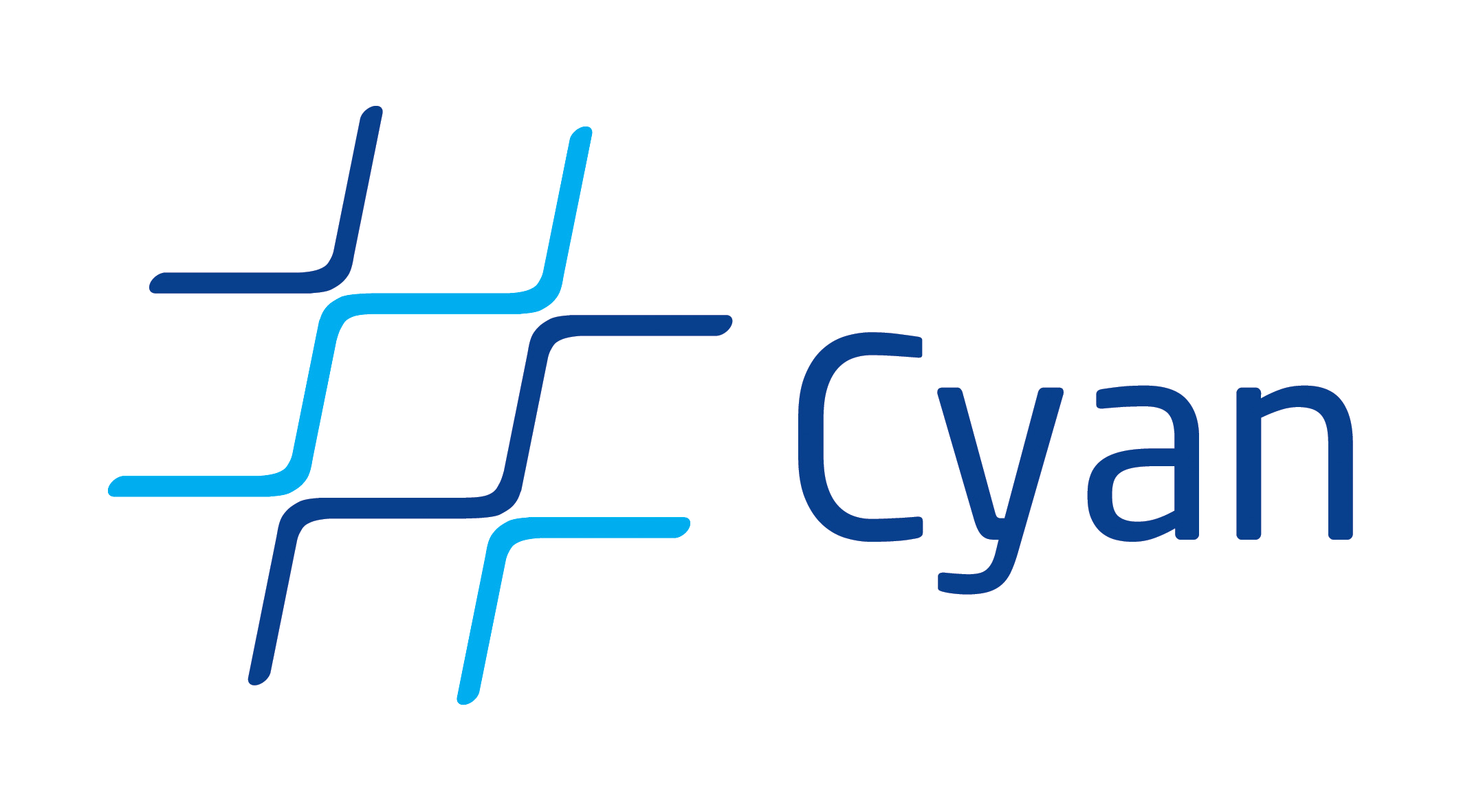For Codegs work, they need a plugin to the IDE. We have implemented one for Eclipse.
To install the Codeg plugin you will need the last version of the 64 bits Eclipse. Download it at www.eclipse.org. Please download the full zip file, not the installer (it may not work for unknown reasons). Copy the plugin file to directory “dropins” of Eclipse. If “eclipse.exe” is in directory “C:\tools”, there will be a directory “C:\tools\dropins”. Of course, rename the file, which has a “.txt” or “.zip” extension, to “.jar”. The final will have a name like
Pludeg_1.0.0.201911271116.jar
To use the Codeg library, uncompress an example project file in a directory, say, “C:\codegExample”. In the Eclipse menu, choose “Cyan\New Project”. Give the name “codegTest” (any name will do, of course), unmark “Use default location” and choose directory “C:\codegExample”. Two packages will be shown: ‘main’ and ‘codegLibrary’. Click in ‘main\Program.cyan’. Choose the option “Cyan\Compile Project”. Now click in the edit window and hover the mouse pointer on a Codeg annotation. The Codeg window should appear. Caveat: there are some bugs with the plugin that have not been corrected yet. We are working on them.
The plugin and the Codegs were made by the master student André Cassulino Araújo Souza.
